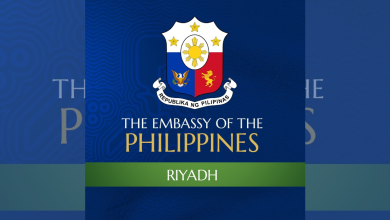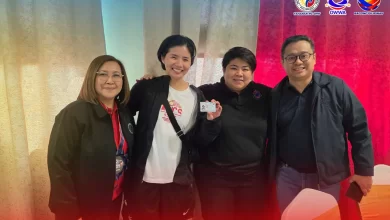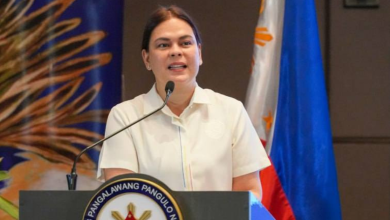Taiwan is eyeing half a million Filipino visitors by the end of 2019 amid increasing travel exchanges between Manila and Taipei in recent years.
From January 1 to August 31 this year, more than 330,000 Filipino tourists visited Taiwan, representing an increase of 14 percent over the same period last year, Taipei’s representative to Manila Peiyung Hsu said.
The increase in Filipino visitors to Taiwan was mainly due to the visa exemption policy implemented by Taipei for the Philippines in 2017.
“Our target is 500,000 by the end of this year, and I urge all of you to take advantage of our program giving Filipinos two-week visa-free entry into Taiwan,” said Hsu, Taiwan’s de-facto envoy to the Philippines, at a diplomatic reception Thursday night.
Manila and Taipei have no formal diplomatic ties in deference to the One-China Policy. Taiwan is represented by the Tawan Economic and Cultural Office, which acts as its embassy in the Philippines. Taiwan is a self-ruling democratic island which separated from mainland China in 1949.
In recent years, the Philippines and Taiwan have launched a number of visa liberalization measures which have resulted in a rapid increase of visitors.
The visa-free privilege, Hsu said, is a reflection of Taiwan’s goodwill and friendship towards all Filipinos and aims to build stronger bilateral relations and closer people-to-people connectivity.
“You probably already know about Taiwan’s delicious food, beautiful scenery, plentiful
shopping, and friendly people. But if you are not able to travel, Taiwan is coming to you with Acer and Asus computers, bubble tea shops, and dumplings from Din Tai Fung. Taiwan embraces you in the Philippines, too,” Hsu said.
In his remarks, Hsu hailed the “outstanding” relations between Manila and Taipei and the remarkable contribution of the more than 150,000-strong Filipino workforce to Taiwan’s rapidly growing economy.
“This friendship is a major factor behind Taiwan’s outstanding growth and development over the past year,” he said as he cited “important progress” in
expanding exchanges with the Philippines in trade, investment, agriculture, health, tourism, environment, disaster prevention, and higher education. (Mika Dela Paz)



